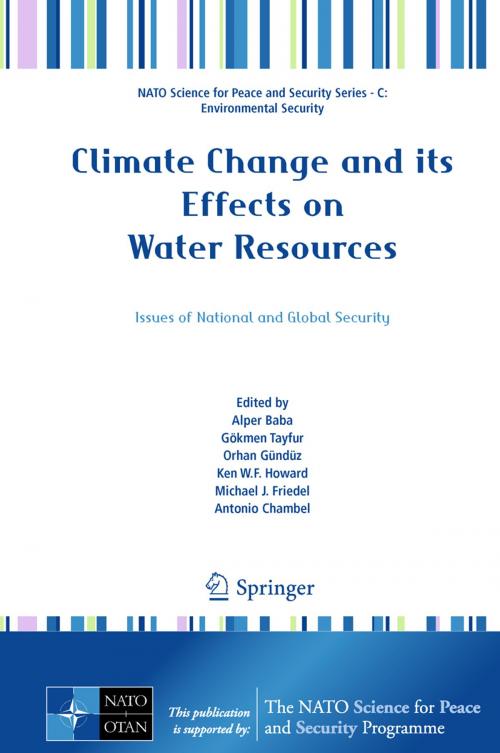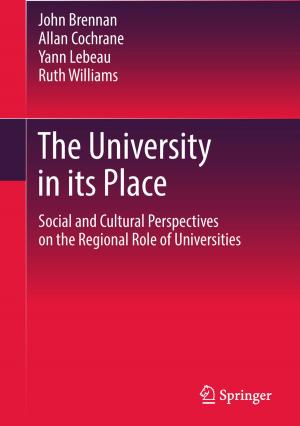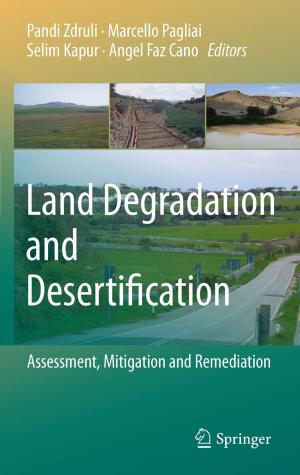Climate Change and its Effects on Water Resources
Issues of National and Global Security
Nonfiction, Science & Nature, Science, Biological Sciences, Environmental Science, Earth Sciences, Nature| Author: | ISBN: | 9789400711433 | |
| Publisher: | Springer Netherlands | Publication: | June 6, 2011 |
| Imprint: | Springer | Language: | English |
| Author: | |
| ISBN: | 9789400711433 |
| Publisher: | Springer Netherlands |
| Publication: | June 6, 2011 |
| Imprint: | Springer |
| Language: | English |
National and global security can be assessed in many ways but one underlying factor for all humanity is access to reliable sources of water for drinking, sanitation, food production and manufacturing industry. In many parts of the world, population growth and an escalating demand for water already threaten the sustainable management of available water supplies. Global warming, climate change and rising sea level are expected to intensify the resource sustainability issue in many water-stressed regions of the world by reducing the annual supply of renewable fresh water and promoting the intrusion of saline water into aquifers along sea coasts, where 50% of the global population reside. Pro-active resource management decisions are required, but such efforts would be futile unless reliable predictions can be made about the impact of the changing global conditions on the water cycle and the quality and availability of critical water reserves. Addressing this wide spectrum of issues, a team of expert authors discusses here the impacts of climate change on the global water resources, the long-term resource management goals at global and local scales, the data requirements and the scientific and technical advances necessary to mitigate the associated impacts.
National and global security can be assessed in many ways but one underlying factor for all humanity is access to reliable sources of water for drinking, sanitation, food production and manufacturing industry. In many parts of the world, population growth and an escalating demand for water already threaten the sustainable management of available water supplies. Global warming, climate change and rising sea level are expected to intensify the resource sustainability issue in many water-stressed regions of the world by reducing the annual supply of renewable fresh water and promoting the intrusion of saline water into aquifers along sea coasts, where 50% of the global population reside. Pro-active resource management decisions are required, but such efforts would be futile unless reliable predictions can be made about the impact of the changing global conditions on the water cycle and the quality and availability of critical water reserves. Addressing this wide spectrum of issues, a team of expert authors discusses here the impacts of climate change on the global water resources, the long-term resource management goals at global and local scales, the data requirements and the scientific and technical advances necessary to mitigate the associated impacts.















